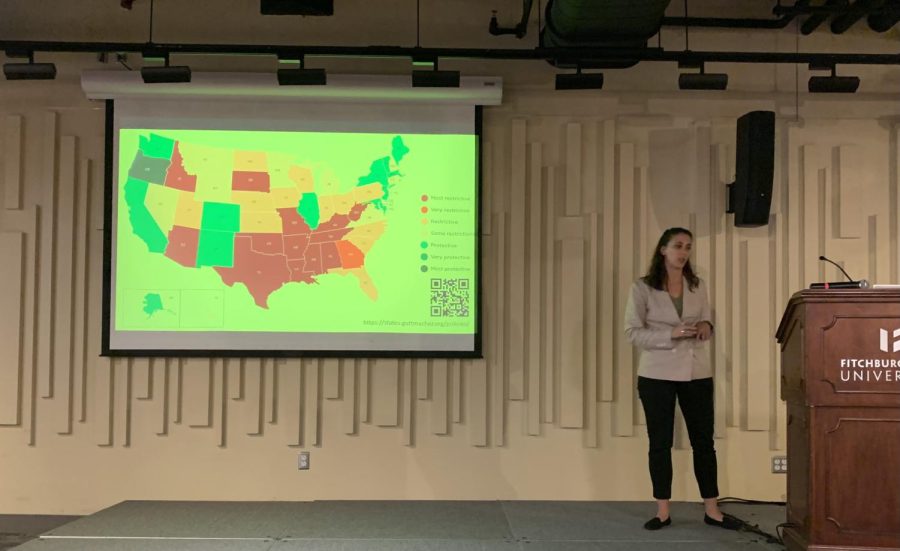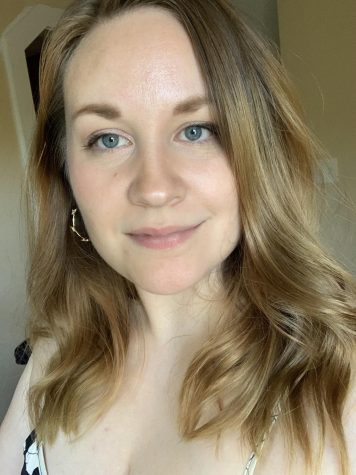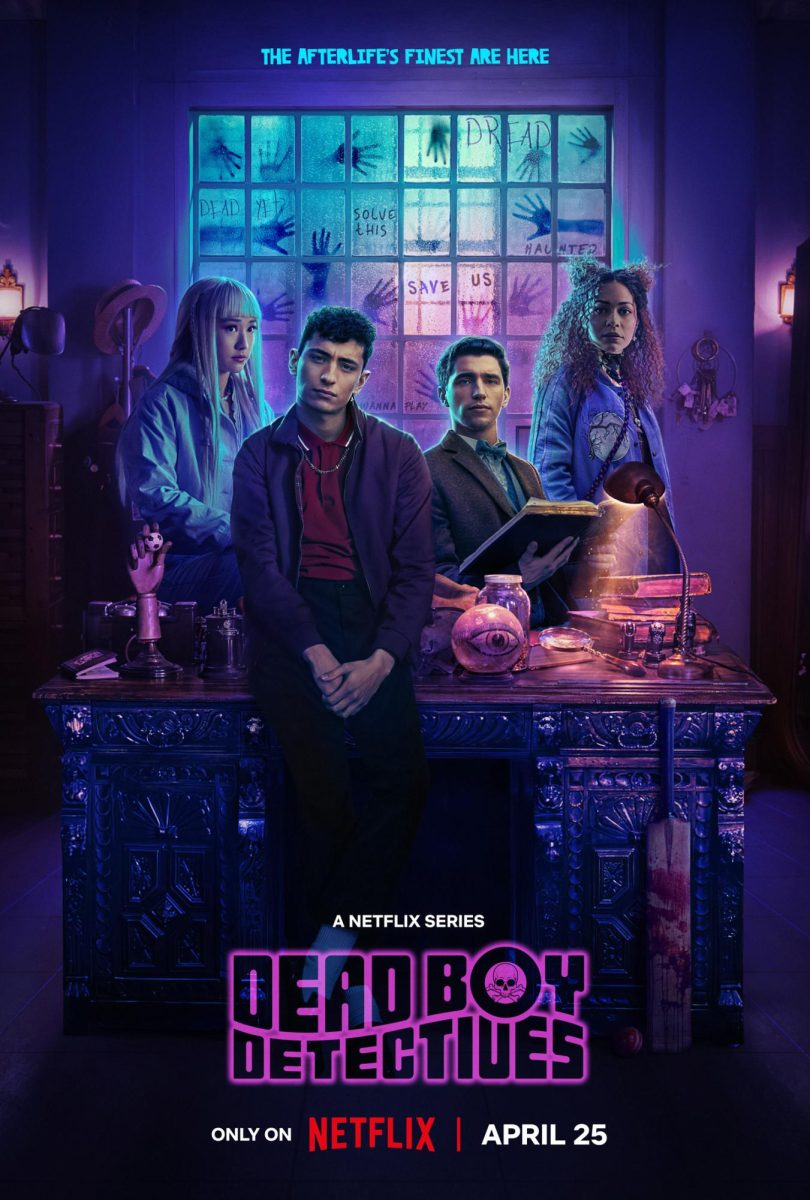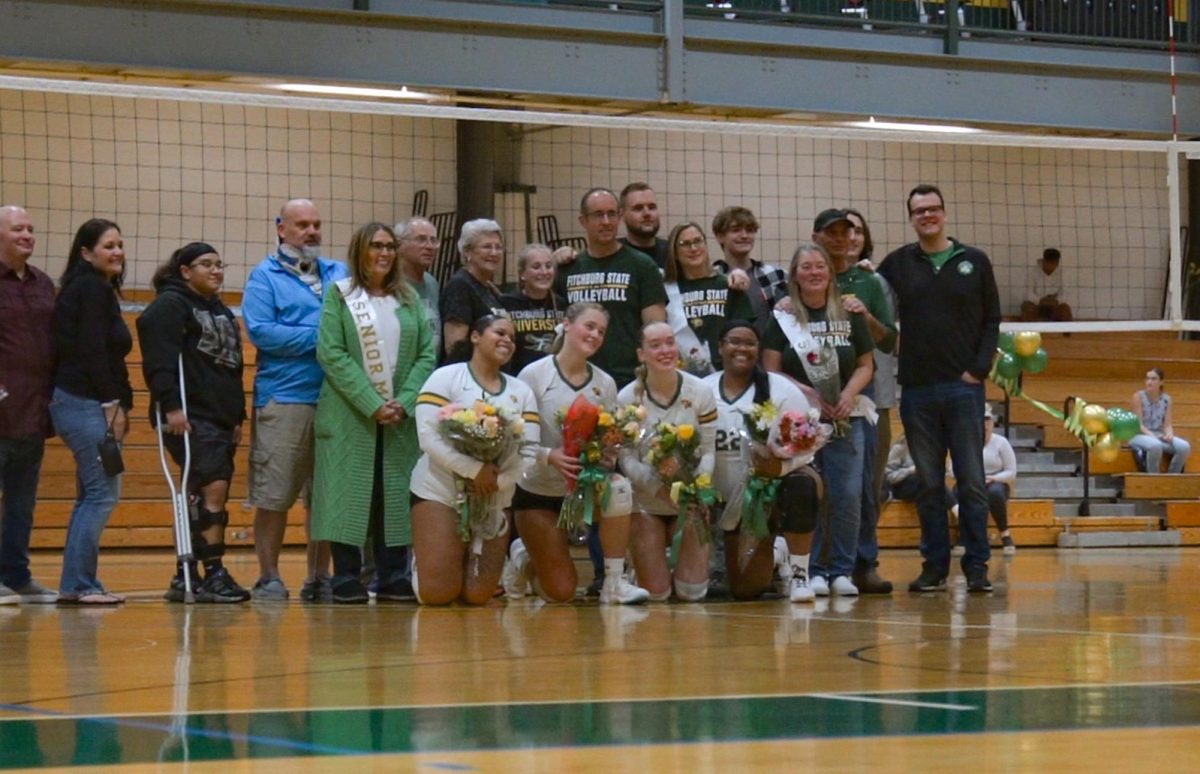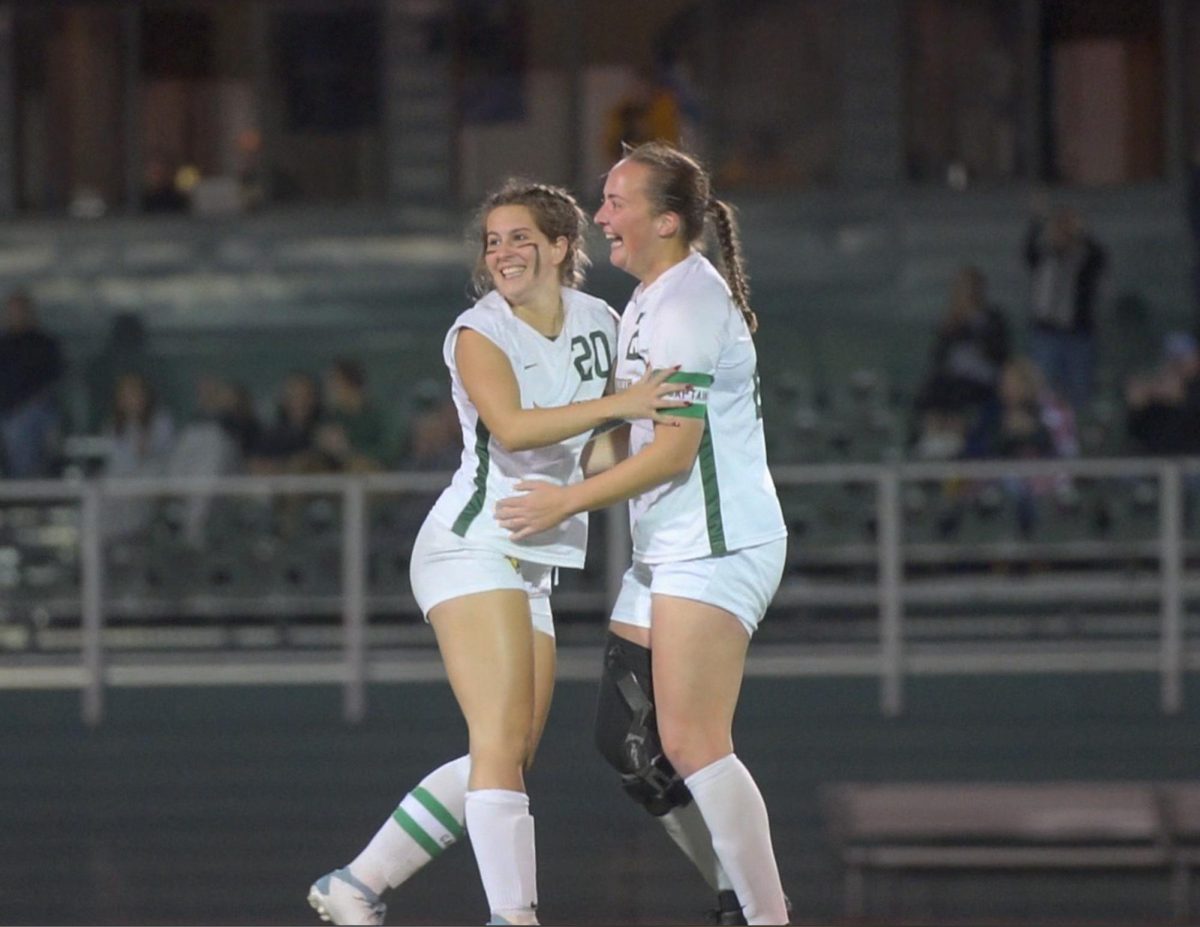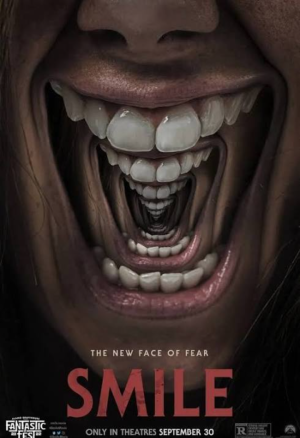Panel at Fitchburg State Discusses the Overturning of Roe v. Wade
Dr. Katherine Hazen discusses the impact of Roe v. Wade across the country.
October 28, 2022
Fitchburg State held a discussion panel in the Falcon Hub, which featured three speakers. Dr. Paul Weizer, Dr. Katherine Hazen and Dr. Deborah Stone led a panel titled “The Fifty-Year Fight Over Roe v. Wade: Legal and Policy Perspectives.” The panel addressed the legal, social and health implications of the recent fall of Roe vs. Wade and its effects on women and society. The audience consisted of both students and faculty and the panel took questions following their presentations.
On June 24, 2022, The Supreme Court overturned Roe v. Wade, which fifty years ago had established access to abortion as a federal right. Dr. Paul Weizer, a Fitchburg State Professor of Economics, History and Political Science, started off the discussion by pointing out that Roe vs. Wade has been challenged since it was decided fifty years ago; this year, those challenges succeeded. “It’s important to note and something I really want to stress. This is the first time ever, in the history of The United States, where the Supreme Court has overturned a decision that resulted in citizens having fewer rights, rather than more.” Said Weizer.
Weizer briefly surveyed a history of challenges against the federal right to access abortions, including the case of Planned
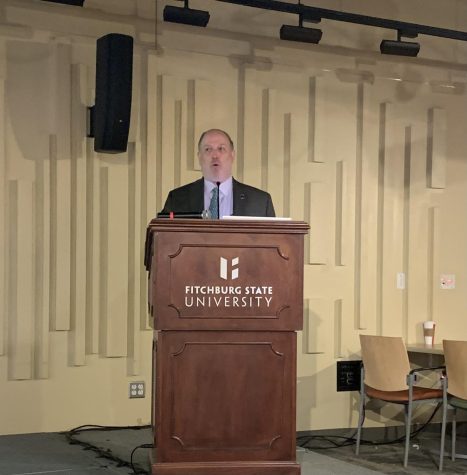
Parenthood of Southern Pennsylvania v. Casey and how that case called into question the legitimacy of The Supreme Court, should Roe v. Wade be overturned. “The court’s power lies in its legitimacy. Courts have no money, they have no army, they can’t make anybody do anything, the court’s power comes from the fact that we as people accept the court’s decisions as legitimate and we’re willing to follow those laws.” Said Weizer during his explanation of Planned Parenthood v. Casey.
Dr. Katherine Hazen, an assistant professor at FSU, took the stage next to shed light on what is currently happening around the country and in Massachusetts legislatively following the overturn of Roe vs. Wade. Hazen has a PhD in social psychology and is interested in the trends and social implications we are seeing around the country following this decision.
Hazen displayed an interactive map from the Guttmacher Institute as she explained the many differences between states’ abortion laws. About twenty-three states have total bans on abortion at this point, while others have partial bans, and some states have codified the right to abortion in their statutory law. “So they’re not relying on a constitutional amendment or a provision of the constitution that’s going to be interpreted by a judge who might be changed. These are statutes that were passed by their House of Representatives and their senate and then approved by their governors. We have one in Massachusetts.” Said Hazen.
Massachusetts has several protections for its citizens as well, such as the right for Massachusetts residents to use their state-funded health insurance to pay for an abortion and legal protections for Massachusetts health care providers who provide an abortion to someone coming from a state where abortion is banned, so they can not be sued. “Another thing this [MA law] did was require state-funded colleges and universities to have access to emergency contraception and medication abortion through their campuses health centers, and students have the right to say, ‘I want emergency contraception readily available to me on this campus’” said Hazen. “If students are interested, find me.” She added.
Hazen cited several studies during her presentation that shed light on implications associated with women being denied access to abortions that they wished to have. A study called the turn away study done by the University of California, San Francisco, followed 1,000 women who had sought abortions across the country; about half obtained them and half were denied. “They found that women who were denied abortions had lasting economic hardships and were less likely to leave abusive or unstable relationships.” Said Hazen. She also discussed the impacts on mental and physical health that stem from not being able to obtain an abortion or facing obstacles in seeking one. “They’re experiencing stress and anxiety as a consequence of these barriers, and they’re considering taking steps to end their own pregnancies outside of medical clinics, which can result in serious infections, excessive bleeding and consequences upwards to death.” Said Hazen.
Dr. Deborah Stone, who has a PhD in nursing, took the stage last to discuss the consequences of the overturning of Roe v. Wade on healthcare professionals and their patients. “What I’m hearing from the medical community, doctors in particular, is that they’re feeling very frightened. They’re worried that if they treat their patients the way that they were trained to, they will be fined or go to jail,” said Stone. She explained that there is now a rift between health care providers and their patients in many parts of the country: “There has always been a special relationship between a health care provider and a patient, you’re always told that that’s the person you can confide in, you can tell them if you have a drug problem or a sex problem, if you’re pregnant. But can you still?” asked Stone.
The risk that this decision has posed for the physical health of patients is greater still according to Stone, “If you have an ectopic pregnancy, if you have what we call an abruption, or if you have Clampsia, you’re going to have a hard time getting treatment, because the treatment for those is abortion and they’re not going to do it in some states. We’ve had people die, we’ve had people turned away and they come back septic” Said Stone. She also highlighted that some women may be at higher risk than others depending on several factors. “The other problem with the overturning of Roe v. Wade is that this disproportionately affects our Black and Hispanic populations and our populations with fewer resources.” Said Stone. “Not everyone can get in the car and drive nine hours to another state to stay in a hotel, not everyone has those resources.” She added.
Hazen concluded that upcoming local elections could be key for abortion rights, “What’s important for access to abortion is local [elections]. Paying attention to local level elections is always important but especially from an abortion standpoint.” Said Hazen. “The only way to move forward is to take action. The only way to feel better about what’s happening is to donate to your local abortion fund, to volunteer, or to show up at protests.” Concluded Hazen.


